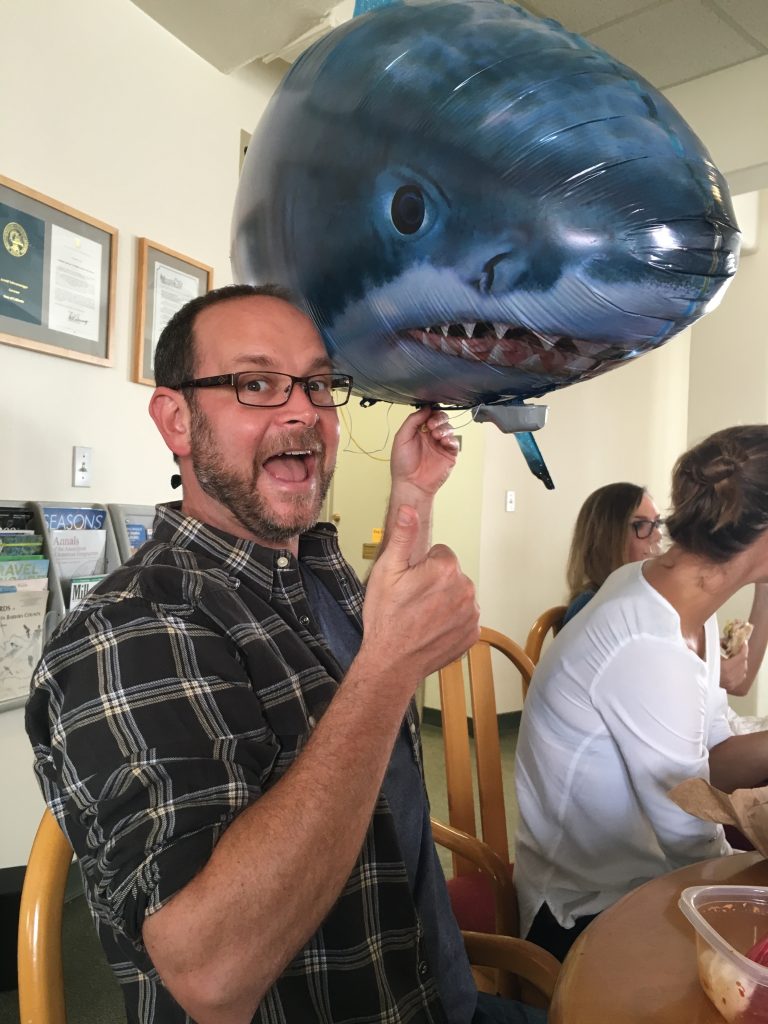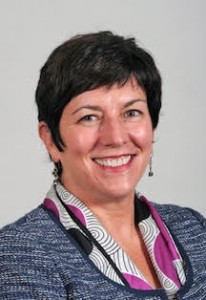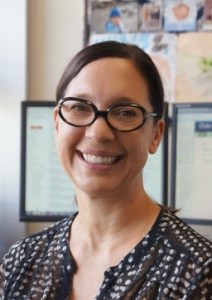As children, we often make sense of nature and the world around us by relying on naive mental models, and all too often, these naive mental models are never corrected, exhibiting themselves as persistent scientific misconceptions: animals adapt to their surroundings so they can survive; plants get their food from the soil; removing a species from a food web affects only the species immediately above and below it in the web; humans have caused the majority of extinctions on Earth.
Science educators who recognize student misconceptions about fundamental scientific concepts can lead students to greater educational gains; science communicators who understand public misconceptions can lead their audience to deeper understanding of scientific issues. Physics education research has long leveraged the Force Concept Inventory (FCI), a model-based assessment of student understanding of classical Newtonian mechanics. The FCI has become a valuable tool for physics education, providing researchers with data to improve physics pedagogy and curricula. Since the development of the FCI two decades ago, other concept inventories have been designed to inform chemistry, physical science, and biology curricula as well.
In this talk, I propose the development of a Ecosystem Concept Inventory to examine how students, and the general public, understand fundamental models of ecology. I will make an argument for model-centered ecology education and how an Ecosystem Concept Inventory is a critical first step. I will lay out a series of simple models that I believe provide the fundamental structure for a scientifically literate understanding of ecology, and ask the audience for input and insights into developing a model-based assessment to inform ecology education and communication.
Casey O’Hara
Project Scientist, Ocean Health Index
National Center for Ecological Analysis and Synthesis
735 State Street, Suite 300, Santa Barbara CA 93101
ohara



